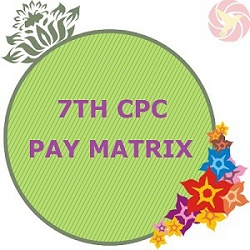India Post expects to start
the first 50 branches of its payments bank by May 2017, seeking to widen
financial inclusion in the country.
As per the current
plan, India Post Payments Bank (IPPB) - as it has been termed will eventually
have 650 branches across the country.
While the first set of
branches will open by May, the remaining will start operations by September
2017, a top official of the Department of Posts said.
The department hopes
to submit a final proposal to the Reserve Bank of India by February, ahead of
the March 2017 deadline, after it has the required management and technology in
place, SK Sinha, secretary, Department of Posts, told ET.
The RBI gave
in-principle approval to 11 applicants in August last year, including the
Department of Posts, Aditya Birla Nuvo, Airtel M Commerce Services, Fino
PayTech, National Securities Depository, Reliance Industries, Tech Mahindra and
Vodafone m-pesa, for setting up payments banks. Three of the 11 entities have
decided to back out, citing unviability.
India Post, with a
network of about 155,000 post offices, will hire almost 2,000 people for the
payments bank operations.
"There will be
nine board members, five from outside and four internal people from the
department, including the CEO," said Sinha.
The department is
contemplating whether it can form its own search and selection committee to
appoint a CEO or rely on the standard procedure followed by public sector banks
for top-level appointments.
The department has
written to state-owned banks seeking nominations. Sinha said the State Bank of
India has responded with some names.
"For the next
rung of leadership such as the chief financial officer, chief operating officer
and chief technology officer, we are forming an internal committee," he
said. The government has approved Rs 400 crore equity and Rs 400 crore grant
for IPPB.
Alibaba-backed Paytm
is the other or payments frontrunner for payments banks in India and has drawn
up a largely branchless model.
Sinha said that India
Post is looking at catering to the unbanked population of the country with the
idea of opening one branch in almost every district of the country.
"Most of the
other players may not be even thin king of the areas that we want to service,"
said Sinha. The plan is to have most of the banking features such as money
transfer and internet banking, apart from offering credit (in partnership with
other banks or institutions), along with financial products such as mutual
funds.
Sinha is betting big
on the government's direct benefits transfer scheme to drive transactions, with
welfare payments being deposited in the bank accounts of consumers.
Source: ET







